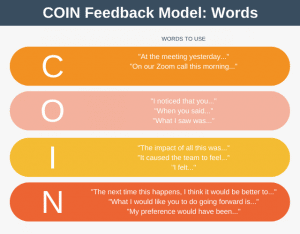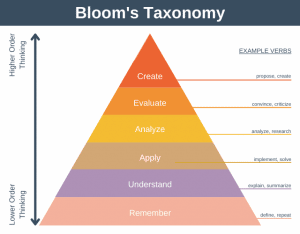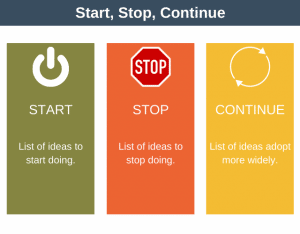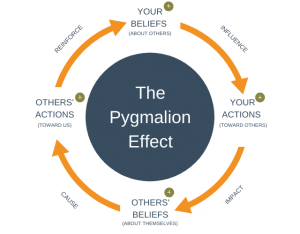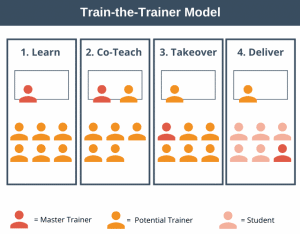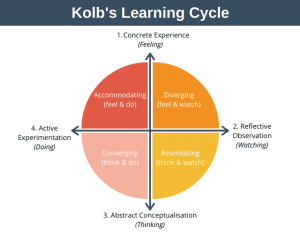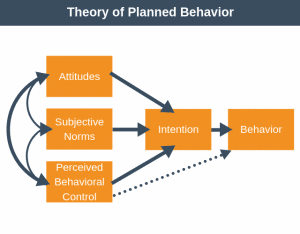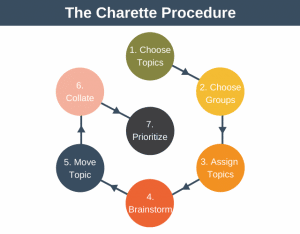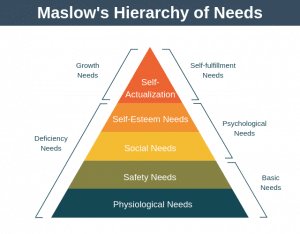Do you ever wonder if it’s really that important these days to spend time trying to motivate your team, or do you feel that as well educated professionals being handsomely paid to do their job, they should already have motivation enough?
Here is a true story taken from How to Win Friends and Influence People, by Dale Carnegie, from which I hope you will infer that motivational stills are still very important.
In 1921, Charles M. Schwab (no relation to Charles R. Schwab of banking fame) became one of the very first people in the US to earn a salary of over $1 million per year, aged just 38. Whilst $1 million is not insignificant today, to put this into context, in 1921 anyone earning $50 per week was considered well off.
Why was Charles Schwab paid $1 million dollars to do his job of running the United States Steel Company? Was it because he was the founder or related in some way to the founder? No. Did Charles Schwab know more about steel and the steel industry than anyone else? No. Was he some kind of business genius? No. In fact, Schwab said himself that he had many men who worked for him that were cleverer and knew more about steel than he himself did.
Schwab believed that his ability to command such a large salary was directly a result of his talent in dealing with people.
Think about that for a moment, especially if you don’t consider people skills to be one of your strengths – that you can increase your performance significantly by improving your soft skills. Perhaps you can remember a teacher that was able to bring the best out of you because of their particular soft skills. Is it not plausible to think that by having the right soft skills you can have a similar affect on your team as that teacher had on you? Now that we can see the importance of soft skills, what was Schwab’s secret? In his own words:
‘I consider my ability to arouse enthusiasm among my people the greatest asset I possess, and the way to develop the best that is in a person is by appreciation and encouragement. There is nothing else that so kills the ambitions of a person as criticisms from superiors. I never criticise anyone. I believe in giving a person incentive to work. So I am anxious to praise and loath to fault. If I like anything, I am hearty in my approbation and lavish in my praise’
I find this fascinating, because it’s almost the opposite of how most people behave. Most people in the workplace, if they like something will say nothing, or be sparse with praise, and if they dislike something they’re quick to point out the gaps or their reservations. Remember, if you do the same as everyone else you will get the same result. So why not implement Schwab’s secret into your working relationships (and even your personal relationships for that matter) – it is easy to implement, and may just propel your results and make you happier at work in the process.
Conclusion
Whether you are a project manager, program manager, or general manager, motivation at work is a key area to pay attention to as having an able and willing team around you will enable you to achieve great things despite the inevitable obstacles that will be thrown in your path. Schwab’s method described above is an easy to implement method to get your people on-side and help you get maximum contribution from them.
